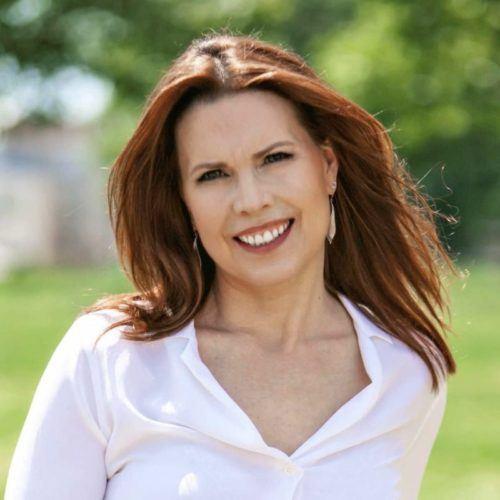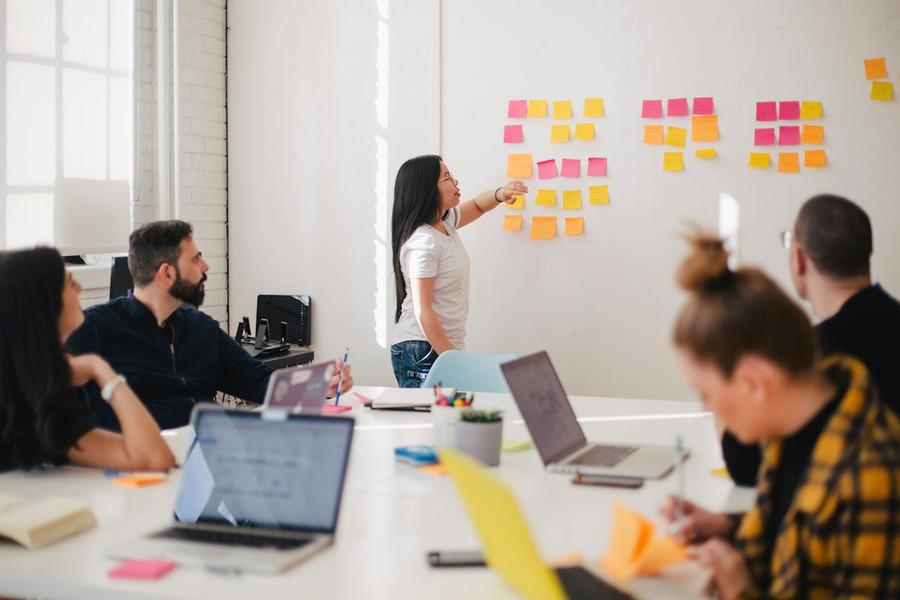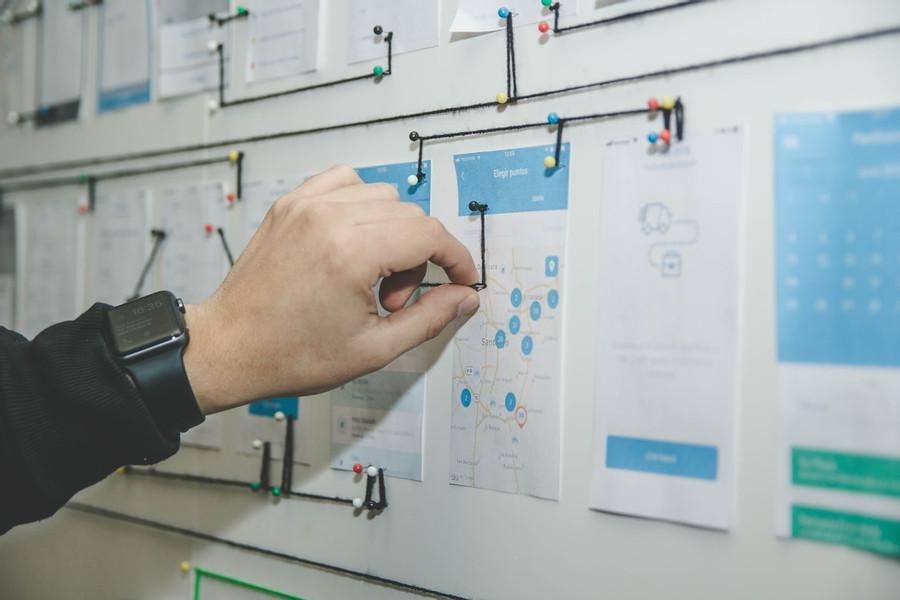Layla G's Key Ideas from Thinking in Bets
by Annie Duke
Ideas, facts & insights covering these topics:
13 ideas
·25.8K reads
96
2
Explore the World's Best Ideas
Join today and uncover 100+ curated journeys from 50+ topics. Unlock access to our mobile app with extensive features.
“In most of our decisions, we are not betting against another person. Rather, we are betting against all the future versions of ourselves that we are not choosing.”
ANNIE DUKE
259
3.93K reads
“Improving decision quality is about increasing our chances of good outcomes, not guaranteeing them.”
ANNIE DUKE
230
2.81K reads
“Thinking in bets starts with recognizing that there are exactly two things that determine how our lives turn out: the quality of our decisions and luck. Learning to recognize the difference between the two is what thinking in bets is all about.”
ANNIE DUKE
225
2.75K reads
Resulting
Resulting means judging the quality of a decision based on the quality of the result.
Our tendency is to equate the quality of a decision with the quality of its outcome. The prevents us from accurately assessing the quality of our decisions and the role of luck in the outcomes we achieve.
211
1.96K reads
Life is Poker, Not Chess
Life is not like chess. Chess contains no hidden information and very little luck.
Life is more like poker. You could make the smartest, most careful decision and still have it blow up in your face.
251
2.05K reads
All Decisions Are Bets
A bet is a decision about an uncertain future. Thus, most of the decisions in your life – switching jobs, choosing a partner, selecting your field of study, not doing something – are bets.
They’re choices that you make in the face of an uncertain future.
231
1.83K reads
“What makes a decision great is not that it has a great outcome. A great decision is the result of a good process, and that process must include an attempt to accurately represent our own state of knowledge. That state of knowledge, in turn, is some variation of ‘I’m not sure.’”
ANNIE DUKE
221
1.97K reads
How We Form Our Beliefs
This is how we think we form our beliefs:
- We hear something
- We think about it and then determine whether if it is true or false
- We form our belief
This is how we actually form our beliefs:
- We hear something
- We believe it to be true
- Only sometime later, if we have the time or the inclination, we think about it and then determine whether it is true or false
Our pre-existing beliefs influence the way we see the world and the way we make decisions.
232
1.58K reads
Blind-Spot Bias
People are better at recognizing biased reasoning in others but are blind to bias in themselves.
- Being smart can actually make bias worse. Blind-spot bias is worse the smarter you are.
- Being smart and aware of your capacity for irrationality alone doesn’t help you refrain from biased reasoning.
217
1.55K reads
The Rashomon Effect
Even when people experience the same event at the same time, if you ask them about it, you will often get two very different accounts about what happened.
That’s because the way we interpret the world is not only a function of the objective experience but includes how we see and choose to understand the world.
220
1.45K reads
Thinking In Bets: The Buddy System
It is important to have a go-to group of people with a common interest in thinking in bets.
The characteristics of a good group to practice truth-seeking with:
- A focus on accuracy (over confirmation), which includes rewarding truth-seeking, objectivity, and open-mindedness within the group
- Accountability for which members have advance notice
- Openness to a variety of ideas
Once we are a part of a group that regularly reinforces exploratory thought, the routine becomes reflexive, running on its own.
201
1.37K reads
How To Engage In Truth-Seeking
- Express uncertainty: If we start by making clear our uncertainty, our audience is more likely to understand that the discussion held does not always have to be about right or wrong but about openness to different perspectives.
- Lead with assent: Everyone likes to be affirmed. Avoid the language of no. Use ‘and’ more than you use ‘but’ in an expression of possibly polarizing ideas
- Ask for temporary agreement: Whenever one is offloading emotion to us, we can ask them if they are looking to vent or if they are looking for advice
- Focus on the future, rather than rehearsing what has happened.
216
1.29K reads
Scenario Planning
Scenario planning is a productive skill to develop in decision making because:
- It reminds us that the future is uncertain, giving a more realistic view of the world
- It prepares us for how to respond to different outcomes that might respond from our initial decisions
- Anticipating the range of outcomes keeps us from unproductivity regret
- By mapping out potential outcomes & probabilities, we are less likely to fall prey to resulting or hindsight bias.
213
1.25K reads
IDEAS CURATED BY
Curious about different takes? Check out our Thinking in Bets Summary book page to explore multiple unique summaries written by Deepstash users.
Layla G's ideas are part of this journey:
Learn more about leadershipandmanagement with this collection
The impact of opportunity cost on personal and professional life
Evaluating the benefits and drawbacks of different choices
Understanding the concept of opportunity cost
Related collections
Different Perspectives Curated by Others from Thinking in Bets
Curious about different takes? Check out our book page to explore multiple unique summaries written by Deepstash curators:
3 ideas
20 ideas
Discover Key Ideas from Books on Similar Topics
3 ideas
What's the best decision you ever made?
mickmel.com
6 ideas
Annie Duke on Poker, Probabilities, and How We Make Decisions
Conversations with Tyler
Read & Learn
20x Faster
without
deepstash
with
deepstash
with
deepstash
Personalized microlearning
—
100+ Learning Journeys
—
Access to 200,000+ ideas
—
Access to the mobile app
—
Unlimited idea saving
—
—
Unlimited history
—
—
Unlimited listening to ideas
—
—
Downloading & offline access
—
—
Supercharge your mind with one idea per day
Enter your email and spend 1 minute every day to learn something new.
I agree to receive email updates




